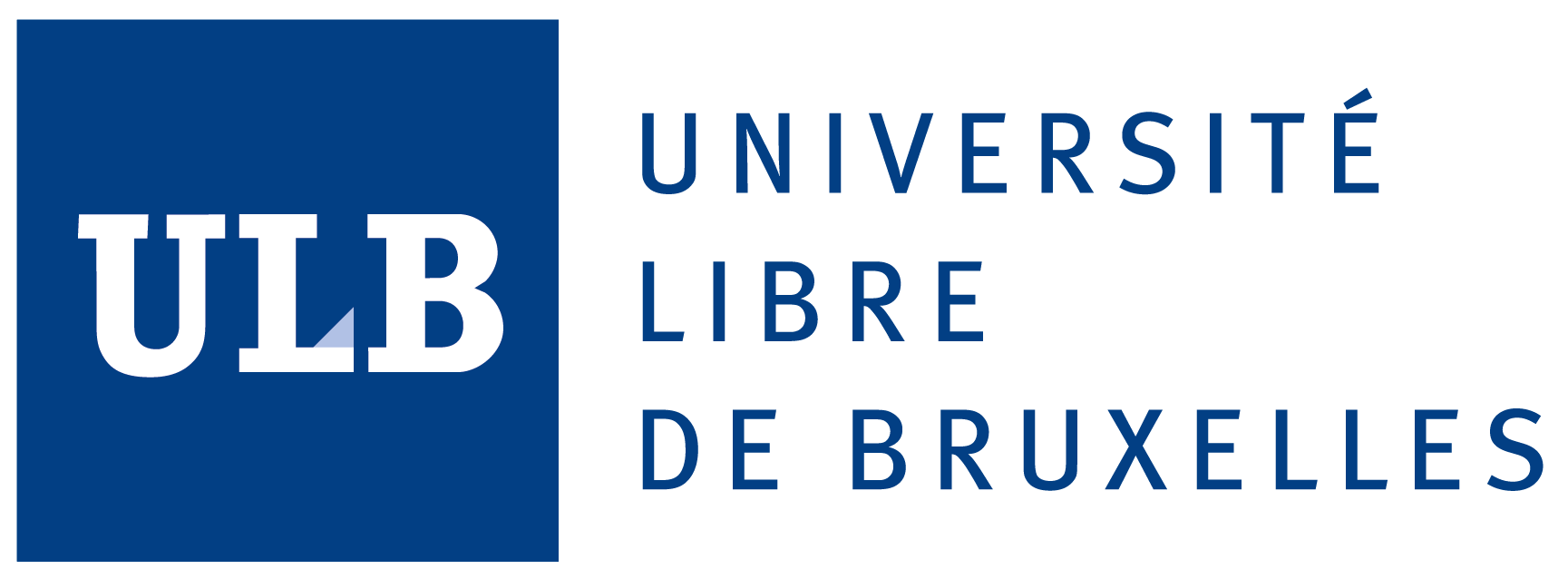Service d'Automatique et d'Analyse des Systèmes
Department of Control Engineering and System Analysis
Brussels School of Engineering

Optimization of the production of Fructo-Oligosaccharides
Contact Michel KINNAERT
In cooperation with UMONS
Because of its beneficial properties for human health, Fructo-Oligosaccharides (FOS) are considered as probiotics. Moreover, FOS are used as low-calorie substitutes for sugar in dietetic and diabetic food. In the food industry, the research activities about FOS are then increasing during the last decade.
The production of FOS is difficult and requires two main chemical processes. First, by transfructosylation of fructose through microbial enzymes, a fermentative broth is obtained in a bioreactor. However, this broth contains a lot of different kind of sugars, namely sucrose, fructose and glucose which do not contribute to the beneficial prebiotic properties. A second chemical process has thus to be performed to separate and purify the contained FOS. For doing it, a simulated moving bed (SMB) chromatographic separation is used. SMB process is made of a series of chromatographic column in which a counter-current movement of the liquid and solid phase is set up. This counter-current helps to improve the separation, therefore increasing the productivity.
These processes can be modeled by mathematical equations where the used functions represent physical quantities. While the chemical reactions which take place in the bioreactor are described by a set of nonlinear ordinary differential equation, the SMB process implies partial differential equations. All these equations are dependent on physical parameters which represent the operational conditions. The objective of this project is to optimize the production by identifying the influent parameters and defining the best protocol.
